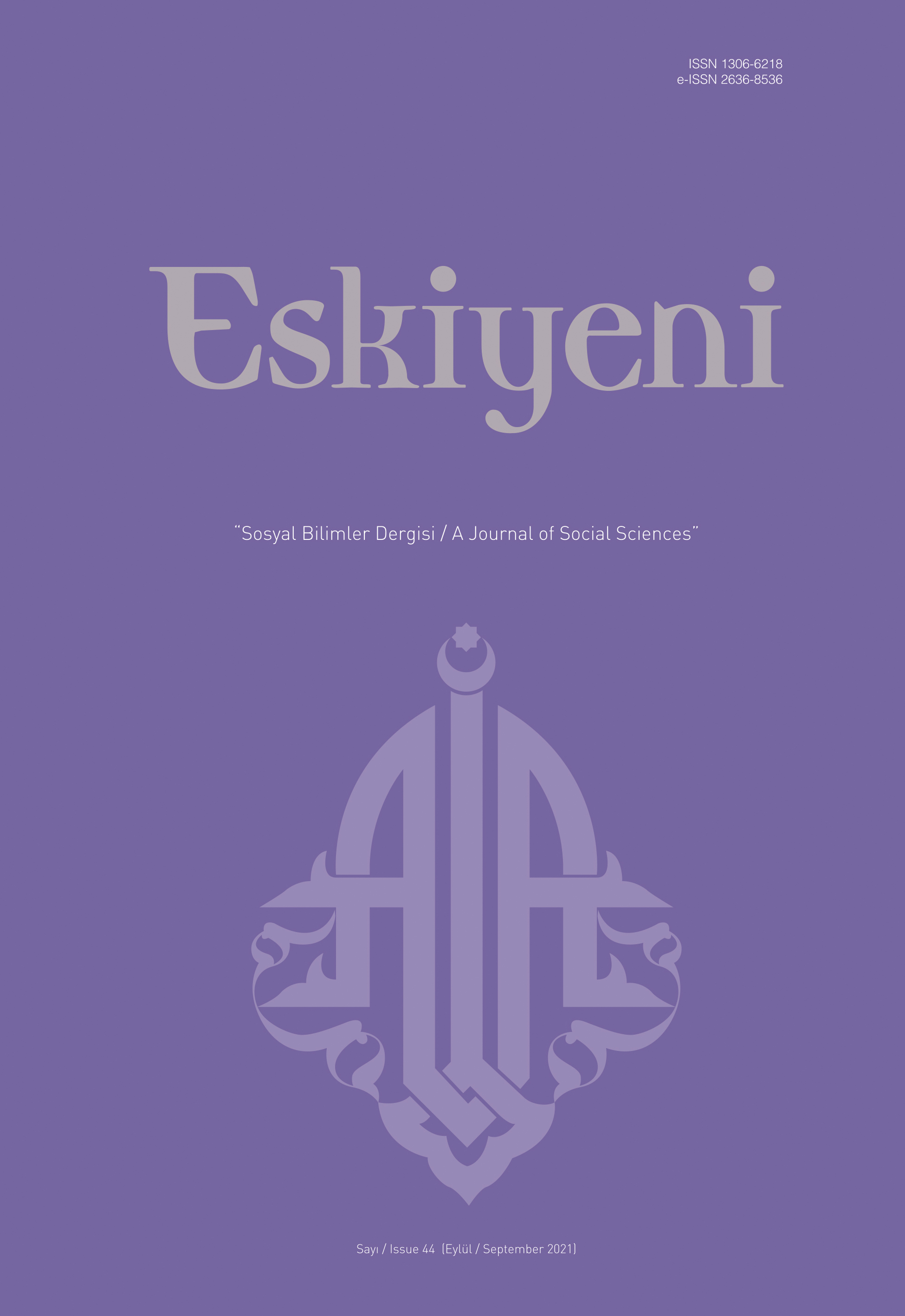İlahiyat Fakültesi Öğrencilerinin Öğretmenlik Mesleğine Yönelik Tutumları ile Mesleki Kaygıları Arasındaki İlişki
The Relation Between Theology Students’ Attitude Towards Teaching Profession and The Occupational Anxiety Levels
Author(s): İrfan ErdoğanSubject(s): Education, Psychology, Theology and Religion
Published by: Anadolu İlahiyat Akademisi
Keywords: Religious Education; Prospective Teacher; Theology Students; Attitude Towards Teaching Profession; Occupational Anxiety;
Summary/Abstract: Theology faculties serve as teacher training institutions that train Religious Culture and Ethics teachers to work in primary and secondary schools, and vocational course teachers to work in Imam-Hatip high schools. The success of teacher candidates in teaching as a professional occupation that requires certain knowledge, skills, and attitudes depends on having the necessary equipment and qualifications. The aim of this study is to determine the attitudes of theology students towards to teaching profession and their occupational anxiety levels; and to understand the relationship between the attitudes of theology students towards teaching profession and their occupational anxiety levels. To achieve this goal, explanatory research design was adopted as a correlational research design. The research group consists of 413 students studying at Necmettin Erbakan University Ahmet Kelesoglu Faculty of Theology in the spring semester of the 2018-2019 academic year. "The Profession of Teaching Attitude Scale " and "Occupational Anxiety Scale" were used as data collection tools. SPSS (version 21.0) statistical package software was used to analyse the data obtained in the study, and firstly, the mean and standard deviation values were calculated in the sub-dimensions that consist of the professional attitude and occupational anxiety level. Then, the Pearson correlation coefficient was calculated to examine the relationship between the attitude towards the teaching profession and the level of professional anxiety. In addition, the coefficient of determination was calculated to examine the total variance explained. According to the findings obtained within the scope of the study, the attitudes of theology students towards the teaching profession are at a positive level in terms of love, value, and harmony. According to findings, theology students’ attitudes towards teaching profession are positive. On the other hand, “job-oriented anxiety”, “socio-economic anxiety”, “colleagues and students’ parents-oriented anxiety”, “adaptation oriented anxiety”, and “school management oriented anxiety” levels of theology students are low; “interaction with student oriented anxiety”, “individual self-development oriented anxiety”, and “occupational exam oriented anxiety” are middle level. While the factor with the lowest level of anxiety among theology students was “colleagues and students’ parents-oriented anxiety” (x̄=4.06), it was seen that the factor with the highest level of anxiety was “occupational exam-oriented anxiety” (x̄=2.99). The results of the study showed that there was a significant negative low-level correlation between “love” factor and “job-oriented anxiety”, “socio-economic anxiety”, “colleagues and students’ parents-oriented anxiety”, “adaptation-oriented anxiety”, while a significant positive low-level correlation between “love” factor and “occupational exam oriented anxiety”. There is a significant positive low-level correlation between “value” factor and “interaction with student oriented anxiety”, “individual self-development oriented anxiety”, “occupational exam oriented anxiety”. Finally, there is a significant negative low-level correlation between “adaptation” factor and “job-oriented anxiety”, “socio-economic anxiety”, “interaction with student-oriented anxiety”, “colleagues and students’ parents-oriented anxiety”, “adaptation oriented anxiety”.
Journal: Eskiyeni
- Issue Year: 2021
- Issue No: 45
- Page Range: 797-818
- Page Count: 22
- Language: Turkish

